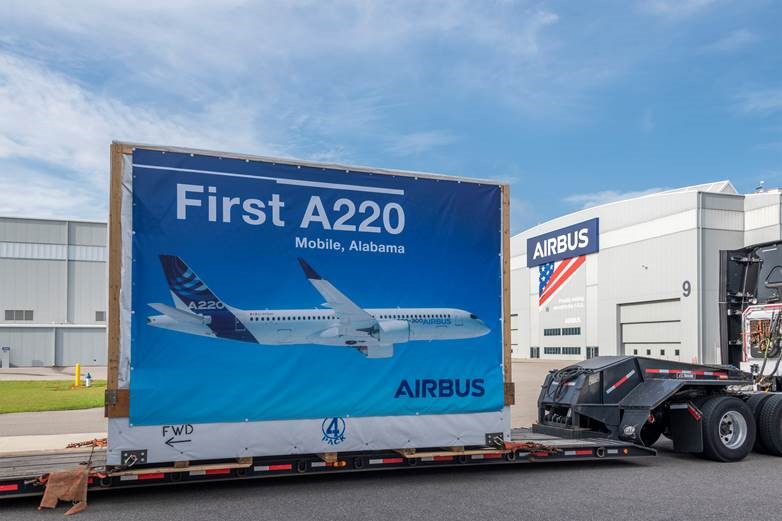The U.S. government has announced an additional annual tariff on Airbus commercial aircraft, starting 18 October.
Imposed tariffs by The World Trade Organization (WTO) will come into force on $7.5 billion (£6.1 billion) of goods the U.S. imports from the EU, including items ranging from aircraft to cheese.
The largest penalty of its kind in the organisation's history.
U.S. trade officials said the tariffs would be set at a 10% rate on aircraft and 25% on agricultural and other items.
In retaliation, Brussels has threatened to impose tariffs against U.S. goods.
The tariffs are the latest chapter in a saga which started in 2004 between the U.S. and the EU over illegal subsidies for planemakers Airbus and rival Boeing.
Airbus has been heavily criticised for EU subsidies which allegedly caused adverse effects to the U.S.
The U.S. first filed the case in 2004 on the basis that cheap European loans for Airbus amounted to illegal state subsidies.
This resulted in The WTO voting in favour of the U.S.
Airbus CEO Guillaume Faury stated: “Airbus will continue working with its US partners, customers and suppliers, to address all potential consequences of such tariffs that would be a barrier against free trade and would have a negative impact on not only the US airlines but also U.S. jobs, suppliers, and air travelers.
"Airbus is therefore hopeful that the U.S. and the EU will agree to find a negotiated solution before creating serious damage to the aviation industry as well as to trade relations and the global economy.”
In response to the tariffs, Airbus warned that tariffs would hinder free trade, elevate aircraft costs and negatively impact U.S. jobs, airlines, air travellers and aircraft component suppliers.
The European planemaker has stressed that the ruling will apply to aircraft built in Europe - which could see the company move a lot of its production to its Mobile, Alabama facility where it assembles A320 and A220 aircraft.
Early next year, The WTO is set to rule on Boeing’s subsidies.

